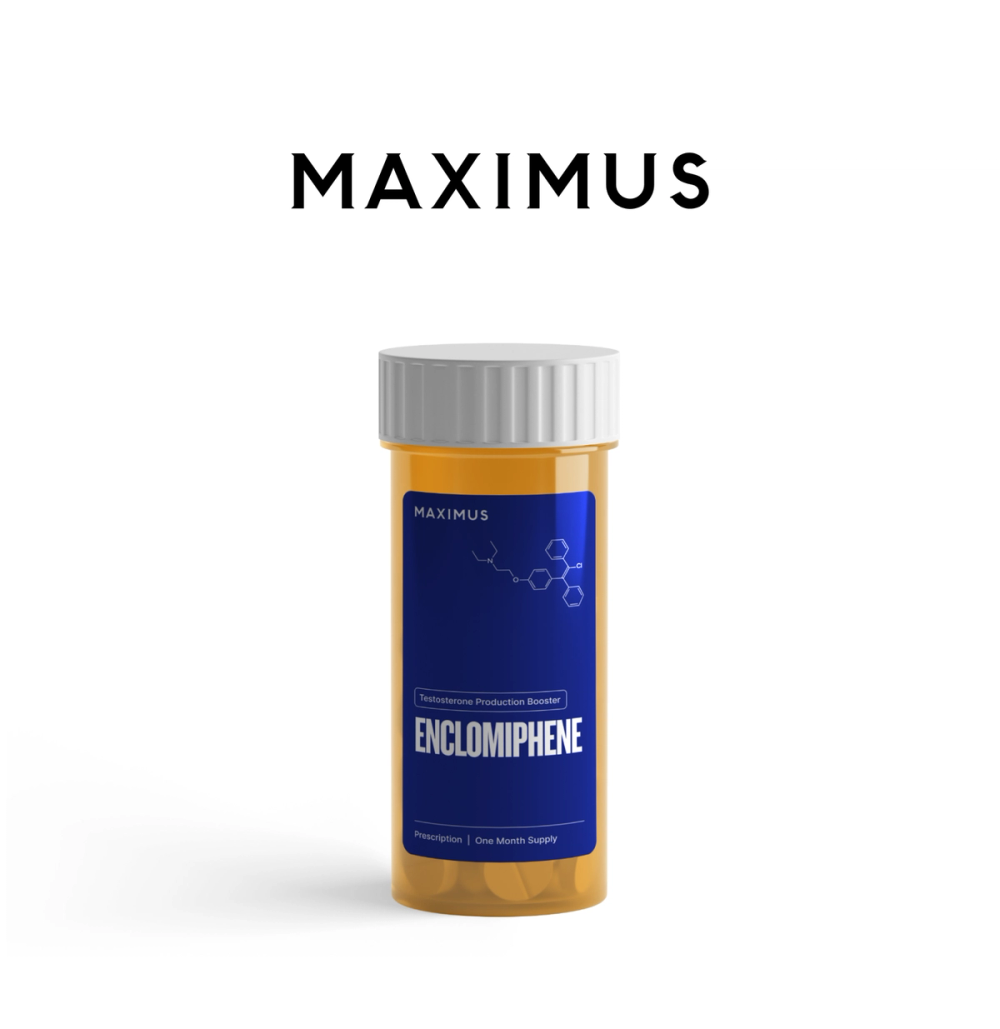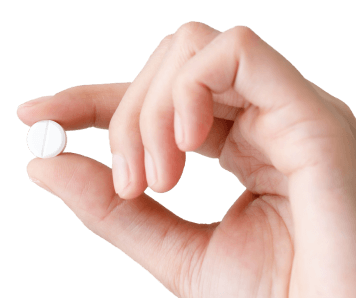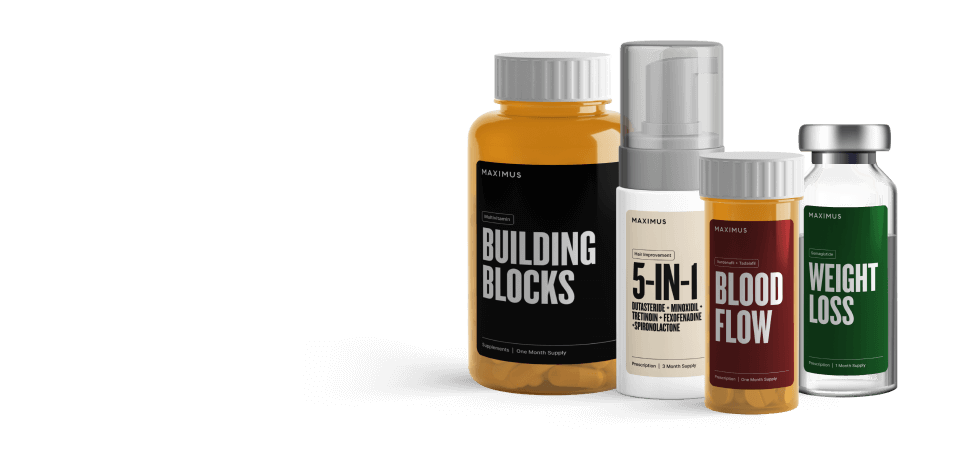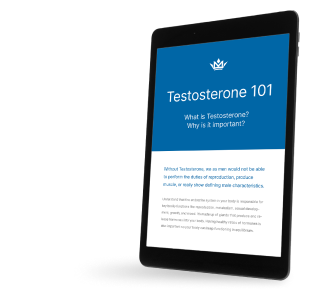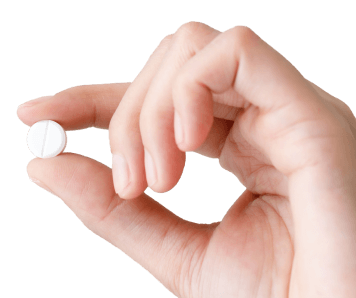Introduction
Our bodies are marvels of biological engineering, with a complex web of processes and systems keeping us alive and functioning. Central to many of these processes is our hormonal system, a delicate balance of chemical messengers that regulate everything from our mood and energy levels to our sleep patterns and cognitive functions. One such hormone, often overlooked but of profound significance, is pregnenolone.
Despite not being the primary focus in most hormonal discussions, pregnenolone has earned the affectionate moniker of the 'grandfather hormone'. This isn't just a nod to its longevity or hierarchy in the system; it's a testament to its foundational role in our hormonal architecture. Derived from cholesterol, pregnenolone is the precursor for a multitude of vital hormones, including DHEA, progesterone, testosterone, estrogen, and cortisol. By virtue of this centrality, it holds a unique and pivotal position in the complex interplay of physiological processes.
As we journey through this article, we'll unpack the myriad roles and influences of pregnenolone, diving into its myriad benefits, potential safety concerns, and recommendations for those considering its supplementation.
The Multifaceted Influence of Pregnenolone
Mood Enhancement
Pregnenolone has a diverse and influential role in regulating mood. This hormone simultaneously diminishes the calming effects of GABA (Gamma-Aminobutyric Acid), a neurotransmitter known for promoting relaxation, while boosting the pathways associated with NMDA (N-Methyl-D-Aspartate) receptors, which are linked to memory and cognition. This dual action can potentially heighten mental clarity and alertness. Furthermore, a by-product of pregnenolone, known as allopregnanolone, is celebrated for its calming attributes, mainly because of its interaction with GABA-A receptors that manage mood and stress. Adding to its multifaceted influence, pregnenolone's unique structure enables it to seamlessly penetrate the blood-brain barrier. Once inside the brain, it mingles with the sigma-1 receptor, a key component in both neuroplasticity, the brain's adaptability factor, and mood regulation, potentially connecting with neurotransmitters like dopamine, related to pleasure and reward, and serotonin, often referred to as the "happiness" chemical.
A Surge of Energy
Dr. Ray Sahelian, in his interview with Life Enhancement, provides valuable insight into pregnenolone's impact on energy and perception. He describes the hormone's pronounced effect on the central nervous system (CNS), stating, “One effect I've noticed is that pregnenolone has more of a CNS effect. It produces feelings of well-being and high energy. I've personally noticed, and many others have too, that pregnenolone has more of a visual and perception enhancement effect. Colors seem to be brighter and clearer, textures are more noticeable, patterns and shapes are in sharper focus. Hearing is even better.” This firsthand observation underscores pregnenolone's potential in boosting energy.
Maximizing Benefits of Testosterone-Increasing Treatments
Research suggests that when pregnenolone is co-administered with treatments that aim to increase testosterone, the combined effects might be akin to those achieved with higher doses of the respective treatments alone. Leveraging the synergy between pregnenolone and such treatments could present a strategy that is potentially safer and more efficient.
Improvements in Cognition
Pregnenolone plays an instrumental role in cognitive health by interacting with the central acetylcholine neurotransmission system. Acetylcholine is essential for various cognitive processes and is notably diminished in debilitating conditions like Alzheimer's disease. Through its interactions, pregnenolone has demonstrated the ability to increase acetylcholine release in vital brain regions tied to cognitive functions, such as the neocortex and the hippocampus. This augmented release could be a key factor behind the memory-enhancing attributes often associated with pregnenolone. Moreover, its connection to cognitive improvement doesn't stop at neurotransmission. Pregnenolone has also been linked to a boost in neurogenesis, especially in the hippocampus, an area pivotal to learning and memory. Collectively, these mechanisms solidify pregnenolone's multifaceted contribution to cognitive well-being, encompassing both neurotransmission modulation and amplification of brain plasticity.
Anti-Inflammatory Significance
Pregnenolone stands out as a key anti-inflammatory agent, holding a central role in striking a balance within the immune system, especially during inflammatory responses. There's an association between decreased pregnenolone concentrations and neuroinflammatory diseases, highlighting its protective function for the nervous system. Moreover, pregnenolone actively facilitates the breakdown of specific inflammatory proteins present in macrophages and microglial cells. This action leads to a notable suppression in the discharge of primary inflammatory markers. Such properties not only spotlight pregnenolone's utility in counteracting general inflammatory conditions but also emphasize its potential in addressing neuroinflammation specifically.
The Sleep Enhancer
Delta activity during the non-rapid eye movement sleep phase is significantly enhanced by pregnenolone. Delta waves, often characterized by their slow and high amplitude, signify the deepest, most restorative stage of sleep. During this slow-wave sleep, the body undergoes extensive healing and recovery, including cellular repair and regeneration. An increase in delta activity indicates deeper and higher-quality sleep, underscoring pregnenolone's potential in bolstering this vital restorative sleep phase essential for overall health and rejuvenation.
Safety: What Does Research Say?
Research from the 1940s and 1950s offers valuable insights into the long-term safety of pregnenolone. Several studies conducted during this period support the safety and well-tolerance of pregnenolone in humans when administered at dosages ranging from 25–500 mg/day. Notably, some of these studies focused on patients grappling with inflammatory conditions, such as rheumatoid arthritis, and reported notable improvements in symptoms and overall well-being following pregnenolone intake.
Listed below are studies outlining pregnenolone's safety profile.
- Davison, R., Koets, P., Snow, W. G., & Gabrielson, C. L. G. (1950). Effects of delta 5 pregnenolone in rheumatoid arthritis. Archives of Internal Medicine, 85, 365–389.
- Freeman, H., Pincus, G., Bachrach, S., Johnson, C. W., McCabe, G. E., & MacGilpin, H. (1950a). Oral steroid medication in rheumatoid arthritis. Journal of Clinical Endocrinology & Metabolism, 10, 1523–1532.
- Guest, C. M., Kammerer, W. H., Cecil, R. L., & Berson, S. A. (1950). Epinephrine, pregnenolone, and testosterone in the treatment of rheumatoid arthritis. Journal of the American Medical Association, 143, 338–344.
- Henderson, E., Weinberg, M., & Wright, W. A. (1950). Pregnenolone. Journal of Clinical Endocrinology & Metabolism, 10, 455–474.
- McGavack, T. H., Chevalley, J., & Weissberg, J. (1951). The use of delta 5-pregnenolone in various clinical disorders. Journal of Clinical Endocrinology & Metabolism, 11, 559–577.
- Pincus, G., & Hoagland, H. (1944). Effects of administered pregnenolone on fatiguing psychomotor performance. Journal of Aviation Medicine, 15, 98–115.
- Porcu, P., O'Buckley, T. K., Morrow, A. L., & Adinoff, B. (2008). Differential hypothalamic-pituitary-adrenal activation of the neuroactive steroids pregnenolone sulfate and deoxycorticosterone in healthy controls and alcohol-dependent subjects. Psychoneuroendocrinology, 33, 214–226.
These studies collectively emphasize the favorable safety profile of pregnenolone. Notably, studies consistently report minimal adverse effects, with limited effects on physiologic parameters such as weight, heart rate, blood pressure, menstrual cycles, and glucose levels in both diabetic and non-diabetic groups.
Guidance on Dosing
Drawing from his extensive clinical experience, Dr. Ray Sahelian emphasizes the distinctive impact of sublingual pregnenolone delivery. He states, “In the brain, it would have a little different effect. Sublingually, you get most of it as pregnenolone, quicker to the brain.” This insight suggests that sublingual intake of pregnenolone offers more direct and efficient absorption into the brain. Furthermore, oral pregnenolone is typically less bioavailable due to the first-pass effect. This fact cements the sublingual method as the ideal route of administration. Based on Dr. Sahelian's clinical insights, a dose within the range of 5-20 mg may be optimal for most individuals, ensuring a balance between potential benefits and risk minimization.
In Conclusion: The Grandfather Hormone's Grandeur
Pregnenolone, often dubbed the 'grandfather hormone', plays a pivotal role in numerous physiological processes. From shaping our emotional well-being and energy levels to enhancing cognitive functions and sleep quality, its influence is widespread. While its potential benefits are undeniably promising, they underscore the importance of approaching its use with knowledge and caution. As we delve deeper into pregnenolone's multifaceted impact, it's evident that its role in our well-being is profound.
Disclaimer: The contents of this article, including, but not limited to, text, graphics, images, and other information, is for information purposes only and does not constitute medical advice. The information contained herein is not a substitute for and should never be relied upon for professional medical advice. The content is not meant to be complete or exhaustive or to be applicable to any specific individual's medical condition. You should consult a licensed healthcare professional before starting any health protocol and seek the advice of your physician or other medical professional if you have questions or concerns about a medical condition. Always talk to your doctor about the risks and benefits of any treatment. Never disregard or delay seeking professional medical advice or treatment because of something you have read on this site. Maximus does not recommend, endorse, or make any representation about the efficacy, appropriateness, or suitability of any specific test, products, procedures, treatments, services, opinions, healthcare providers or other information contained herein. Maximus is not responsible for, nor will they bear any liability for, the content provided herein or any actions or outcomes resulting from or related to its use.

